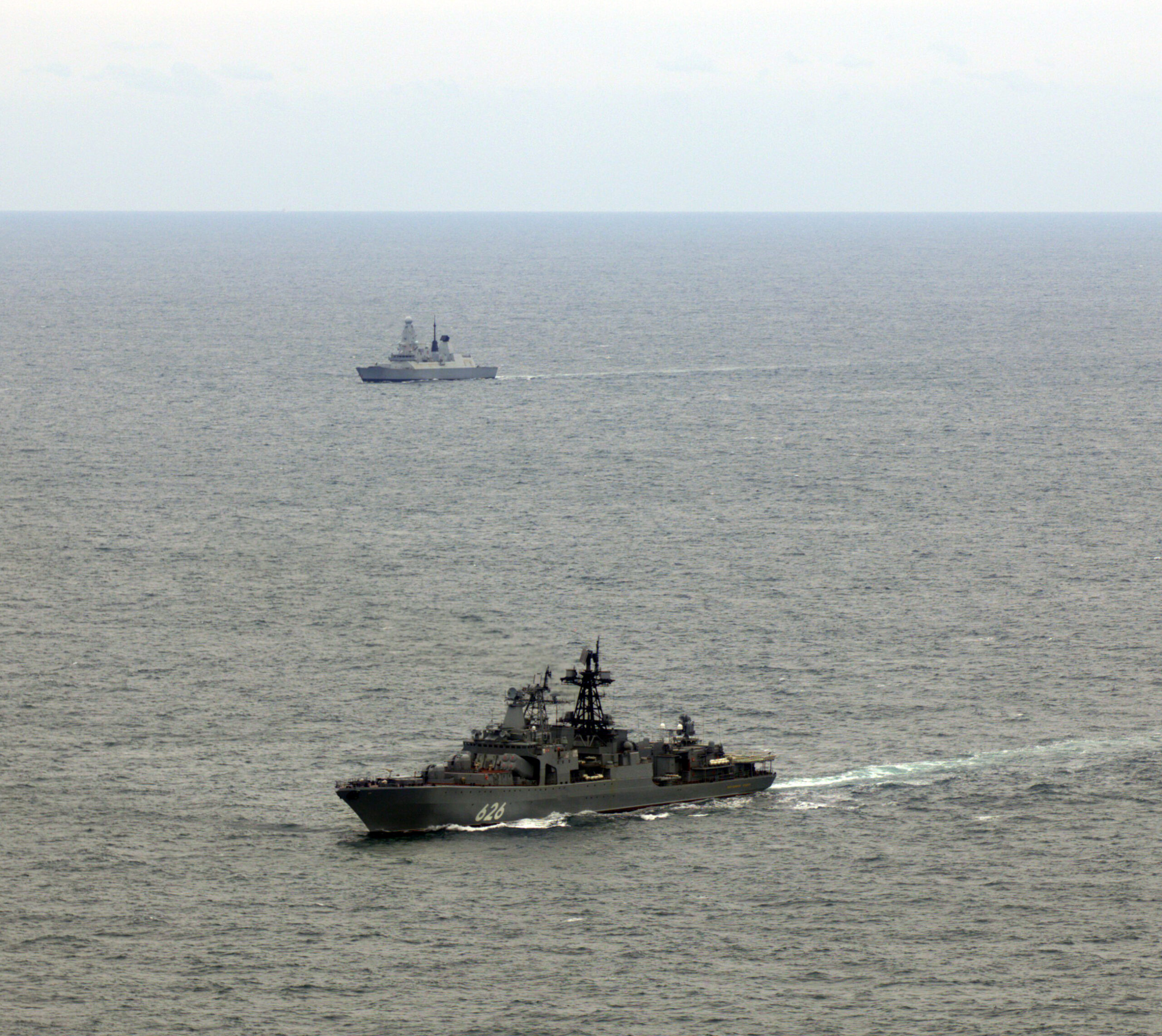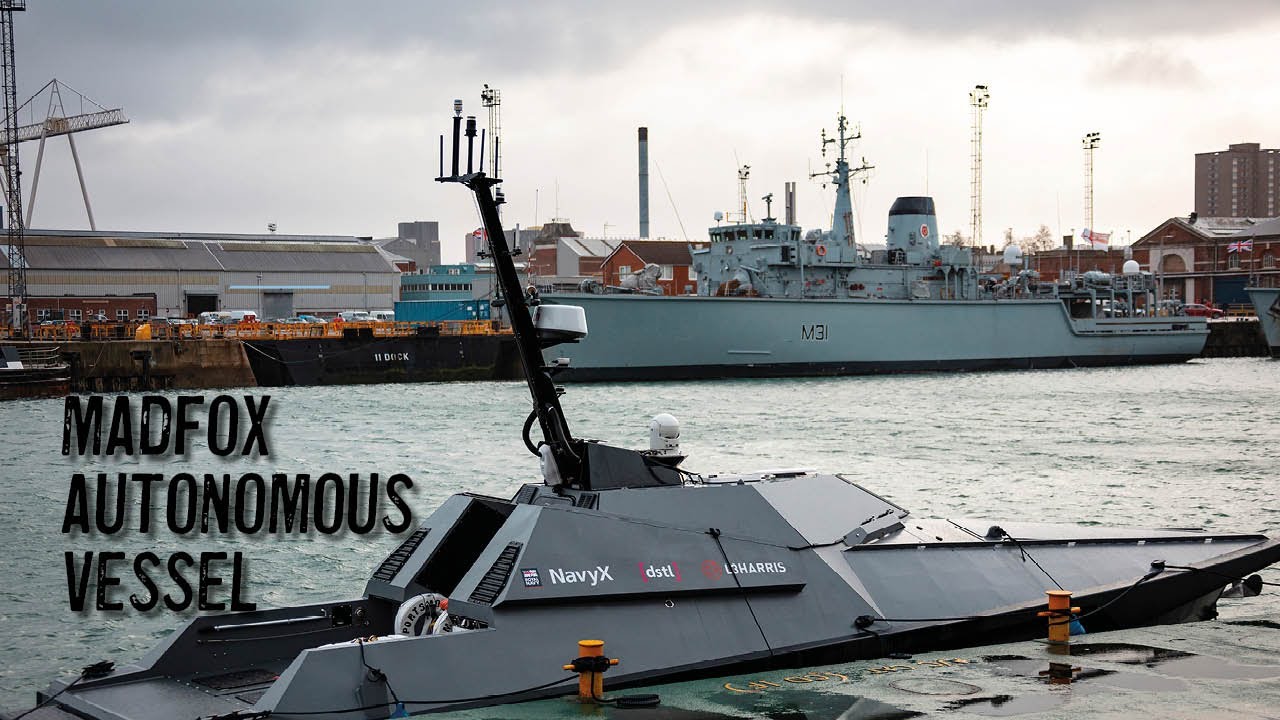Royal Navy Intercepts Russian Warship in Key Maritime Operation

Introduction: Importance of Maritime Security
In recent times, the tensions between NATO countries and Russia have escalated, particularly concerning naval operations in the English Channel and surrounding areas. The interception of a Russian warship by the Royal Navy highlights the UK’s commitment to maintaining maritime security and upholding international laws. Such incidents not only protect British waters but also serve as a powerful reminder of the geopolitical dynamics at play in the region.
The Interception Event
On 15th October 2023, the Royal Navy successfully intercepted the Russian warship Admiral Gorshkov, a guided missile destroyer, as it passed through the North Sea. The operation involved two Royal Navy vessels, which shadowed the Russian ship to monitor its movements. Officials stated that this interception was routine, aligning with the UK’s obligation to ensure the safety and security of its territorial waters.
Responses and Reactions
The Ministry of Defence issued a statement affirming that the Royal Navy remains vigilant and prepared to respond to any potential threats. Rear Admiral James Parkin, the Navy’s director of operations, commented, “Maintaining a presence in our waters is crucial. We will continue to engage professionally with any naval operations that challenge our sovereignty.” Moreover, this incident has drawn attention from NATO allies, highlighting the collective focus on countering Russian military activities.
Geopolitical Context
This interception comes amid heightened military activity in the Baltic Sea and the Arctic, where Russia has increased its naval presence. Analysts suggest that this could be a strategic move by Russia to assert its influence in disputed waters. The Royal Navy’s actions not only ensure the protection of UK and allied interests but also work towards upholding international maritime laws which discourage aggression and promote peaceful navigation.
Conclusion: Significance for the Future
As we advance into the closing months of 2023, the Royal Navy’s interception of the Russian warship signifies more than just a tactical response; it illustrates a broader narrative of rising military tensions in Europe. Moving forward, it is crucial for the international community to engage in dialogues that promote stability. Furthermore, continued naval operations from the UK and NATO members will likely remain a prominent aspect of maritime and geopolitical security, ensuring that nations adhere to agreed-upon maritime regulations. The Royal Navy’s presence in these waters serves as a deterrent against potential infringements and reinforces the importance of international cooperation in maritime security.
You may also like

Exploring the Future: Royal Navy Autonomous Boats

Understanding the Role of Royal Marine Snipers
